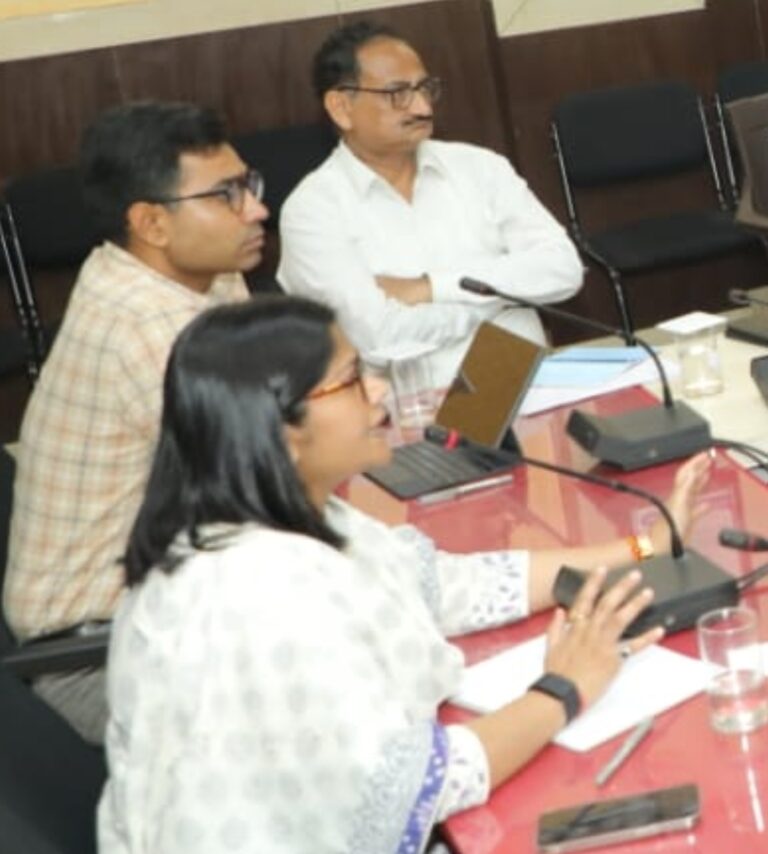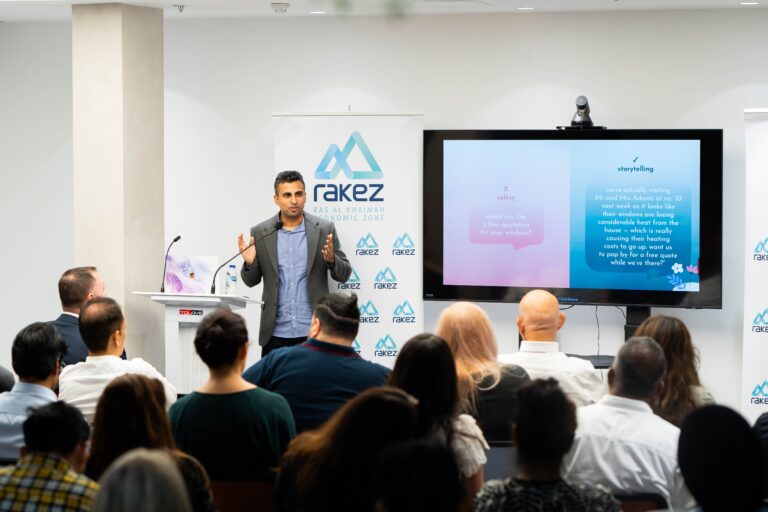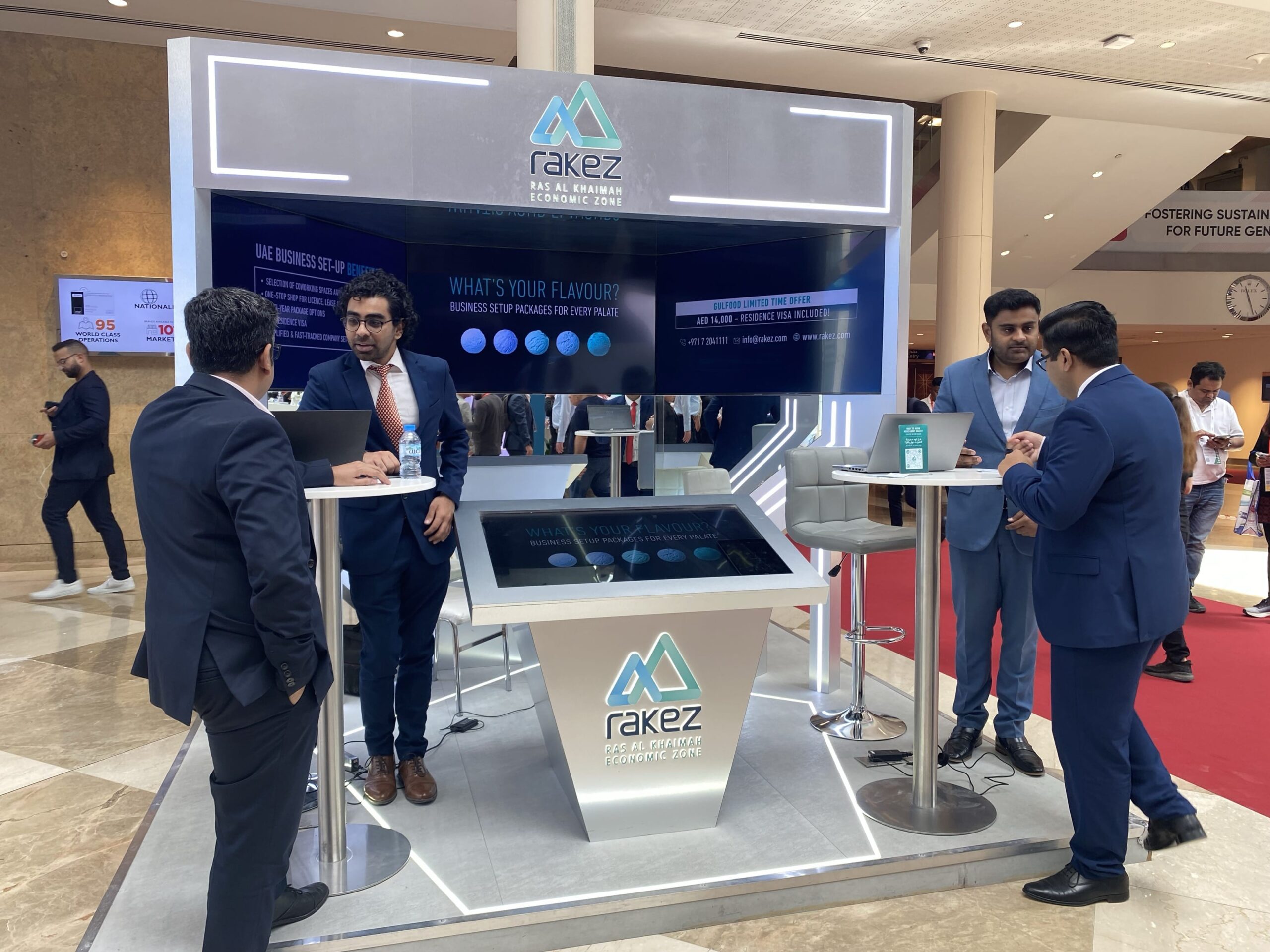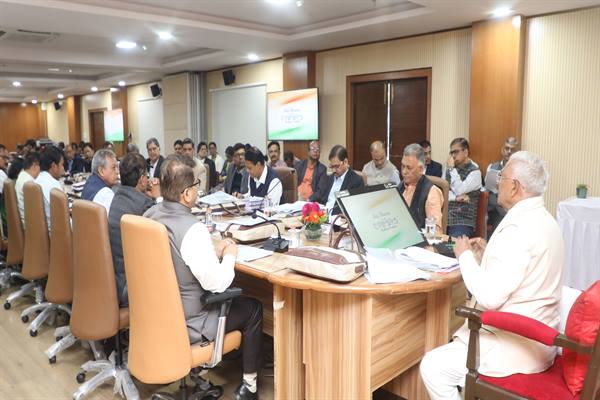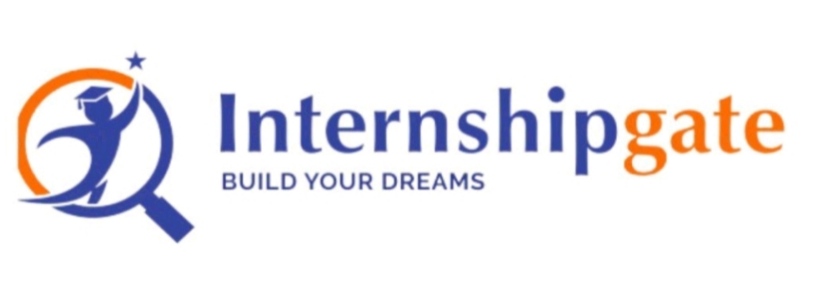By Sunil Goyal:
To highlight a situation where a Head of Institution (HOI), research coordinator, and supervisor have manipulated the title of a research project. Such unethical actions can severely impact the credibility of research, academic integrity, and the trust that students place in their mentors.
Unethical Nexus: Manipulation of Research Titles by Spineless Supervisors, HoI and Coordinators
In the world of academic research, integrity is paramount. Unfortunately, instances where unethical practices take root can undermine the entire research process. A particularly troubling issue is the manipulation of research titles by a nexus of weak-willed supervisors and coordinators, often driven by personal or institutional agendas.
The Role of the HOI and Research Coordinators
In an ideal scenario, the Head of Institution (HOI) and research coordinators should serve as guides, fostering innovation and supporting scholars in their academic pursuits. However, when these individuals lack a backbone and succumb to external pressures, the true purpose of research is compromised.
In such cases, research coordinators may influence or even change a scholar’s research title to align with the institution’s preferences, funder’s interests, or to claim credit for a scholar’s original work. This manipulation not only stifles creativity but also damages the researcher’s autonomy and credibility.
The Supervisor’s Complicity
Supervisors, who should be the guardians of academic standards, sometimes become complicit in these unethical actions. Rather than defending the scholar’s vision and protecting the integrity of the research, they go along with these manipulations, often to maintain their standing within the institution or due to pressure from the HOI. This lack of integrity creates an unhealthy academic environment where scholars feel powerless and discouraged.
Impact on Scholars
For the research scholar, such unethical practices are demoralizing. Their hard work, dedication, and original ideas are compromised when their research is manipulated for external gains. Over time, this can lead to a loss of trust in academic institutions, frustration, and a diminished desire to contribute to meaningful research.
The Bigger Picture
Beyond the immediate harm done to scholars, such actions have far-reaching consequences. The academic community at large suffers when research titles are manipulated, as it leads to skewed results, compromised findings, and a general erosion of the integrity of the institution. In the long term, this can tarnish the reputation of both the institution and the individuals involved.
A Call for Ethical Leadership
Academic institutions must be vigilant in upholding the highest standards of integrity. HOIs, coordinators, and supervisors need to resist the temptation to manipulate research for personal or institutional gain. Instead, they should focus on fostering a culture of respect, transparency, and ethical research practices.

